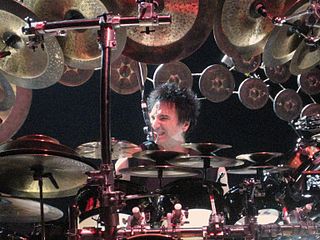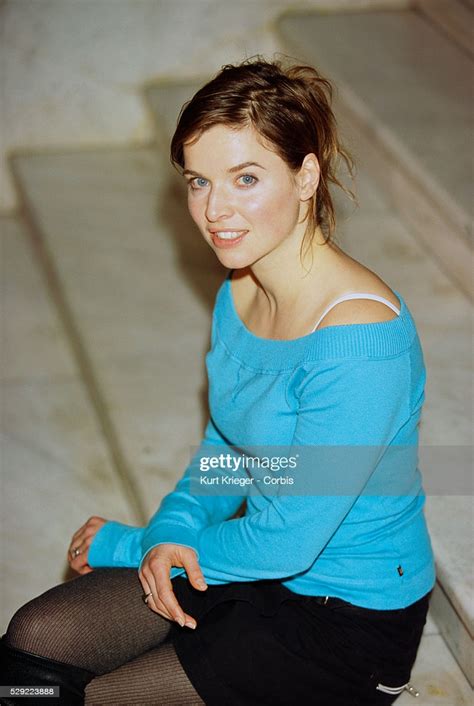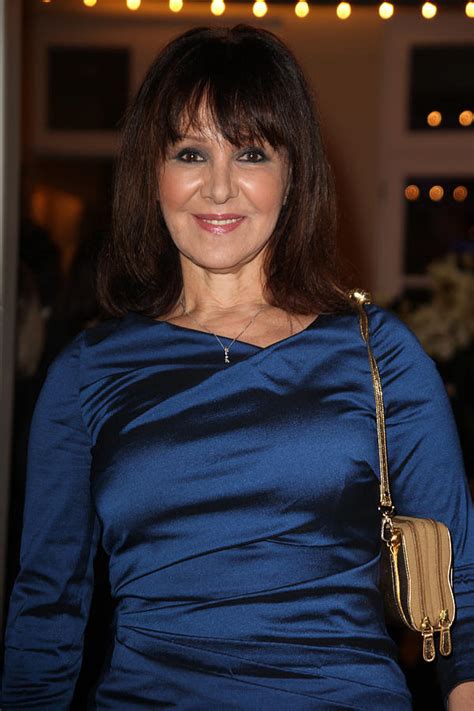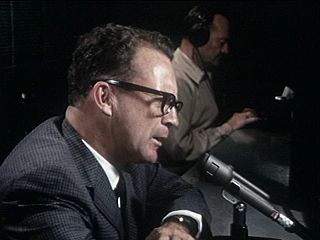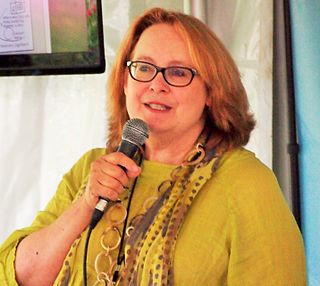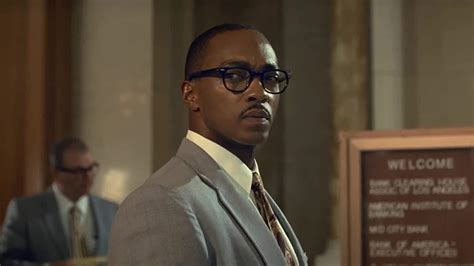A Quote by Jodie Foster
I don't really think I have the personality. I am not very external. I don't want to dance on the table and do impressions. So I think that the way I approach it is really loving story. That's my first love - the words. The words and the story and how to create images. I guess I come at that as a director. I think that's much more in my personality to be a director, so that's kind of informed my acting.
Related Quotes
I really think kids should understand that music is like learning the alphabet. You put small letters together to make words, and then you use these words to create a story, but with music. And they really need to know how to mix and match those letters and how to come up with something that is really interesting, or speak in metaphors as poets do to show us something maybe we didn't think about.
Your actors need to trust you as a director, but normally, I think you just need to have an open communication between the actors and the director. I think the director needs to really paint his or her vision to the cast and let them know the kind of mood that he or she is making. I think that's very important.
Well, I think the way you feel as a teenager stays with you, forever. I really believe that. And we try to change and we hope that we change, but we don't really in big ways, in serious ways. I think the personality is formed at that time, for the good and for the bad. ... We all want to grow up and move on and appear to be different to people. And we want people to see us in a different way. But, I don't know, I think the personality is very, very strongly cemented, and we just bear whatever shortcomings we have and learn to live with it.
You're in a movie, so you have to think about how something plays. It's not like you're thinking about how an audience is going to react. You're trying to present the story. You're trying to illuminate the lives of these people in the story. So I'm thinking about how my behavior as this character best illuminates what's going on with them in this moment in time. I always say it's sort of the director's job. People think that the directors direct actors. No. Really, what the director's doing is directing the audience's eye through the film.
I think it's very valuable as an actor to throw yourself back into having that direct connection with an audience on-stage and work that muscle. It is a very different type of work and equally fascinating. I mean, I've very much in love with filmmaking because I really love the way you can tell stories with a camera and how music and everything contributes to the story in a very direct way. But I also think it's very valuable to come back to theatre, so if the right script came along I would love to come back to London and do some more.
I think coming off of "Blame", I've been talking a lot about directing. It's something that I really love and connect with. I truly consider it what I was born to do. That kind of loops in with filmmaking on the whole, because when you create something, you're also wearing a lot more hats than just director. At the same time, I also think acting is something that's very powerful in my life.
I think once you start as an announcer, you have to decide what kind of approach you're going to have. I decided very early that I was going to be a reporter, that I would not cheer for the team. I don't denigrate people who do it. It's fine. I think you just have to fit whatever kind of personality you have, and I think my nature was to be more down the middle and that's the way I conducted the broadcasts.
I decided to make myself a little less precious with my storytelling. I think you can see from the first three pieces in the book that I have a long term relationship with the short story as a form and I really love an elegantly crafted story that has several elements that come together in a way that is emotionally complex and different from when we started. That kind of crystalline, perfect, idealized thing that the short story as a genre has come to represent.
I like to adapt to a director's way of working. I love doing that. Each director is so different, and you have to adapt to this new way of doing something. That's what's amazing to me. That's why I love directors. I don't want to director to have to work around me. I think it's more fun for me to come in on their thing.
The thing that I think a director has to have in order to make a movie really work, and to certainly make a film that feels personal, is that you have to have a sense of the feeling that you want to create in people, the tone which you want to tell the story, and the basic themes you want to come out. You can't compromise on those because you are then not making the movie that you are going to be good at telling.
I remember the first film I reviewed for the Daily was a John Ford Western. I think it was My Darling Clementine, but I am not certain. And I was just impressed by, first, the story itself. I didn't know that much about films. But the acting, the director. And particularly, the cinematography, the black-and-white use of exteriors, I noted particularly.

